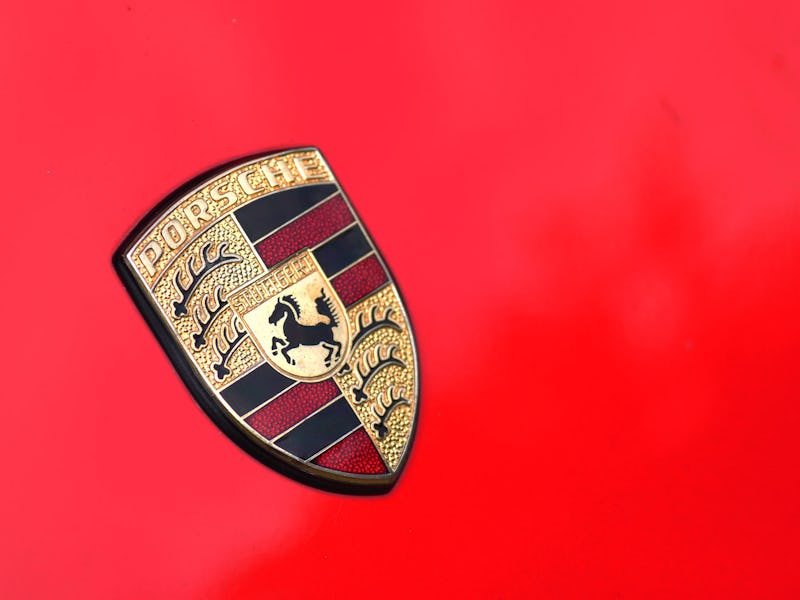Electric cars to offer fast-as-fuel charging in 10 years, Porsche predicts
Porsche's CEO has made a bold declaration.

The electric car will recharge in the same amount of time as it takes to refuel a traditional car within the next decade, Porsche CEO Oliver Blume said in a recent interview.
In an interview with Auto Motor und Sport translated by Teslarati Monday, the CEO also predicted that in the next 10 years, electric cars will be able to move 1,000 kilometers per charge. That’s around 620 miles, around double the range of the long-range Tesla Model 3.
The comments paint an ambitious image of the future of electric vehicles, demonstrating how they could overcome their biggest limits to reach more consumers than ever. While many electric vehicles offer 200 or 300 miles of range, a 620-mile vehicle could make the 380-mile trip between San Francisco and Los Angeles with plenty of juice to spare. Even if it can’t make the whole journey, a speedy top-up should get users back on the road.
There’s just one problem with both of these predictions: they might be a bit too safe. Companies are already making big progress toward both goals, potentially rendering them outdated just as they’re being made.
Electric cars: going further even faster
On battery range, the first 620-mile car could launch in 2020. Tesla plans to launch the second-generation Tesla Roadster next year, offering said 620 miles of range at a price of $200,000. The car uses a 200-kilowatt-hour battery pack to achieve the feat, essentially two Tesla Model S 100D packs strapped together in the prototype version.
The new Roadster.
In terms of charging speed, companies are also making progress. Tesla launched its third-generation supercharger in March, offering recharge times to mostly full in less than half an hour.
Ionity, a pan-European charging network, goes one step further. The network offers a staggering 350 kilowatts of charging power, around 100 kilowatts more than Tesla. The network currently offers 150 charge points, and aims to reach 400 by 2020.
With these high recharge speeds, Ionity expects to charge a car in somewhere around 10 to 15 minutes. That’s bordering on a comparable amount of time to that spent at a gas station, but not quite there yet.
The other side of the equation is the vehicles. Ionity and Tesla both adapt the speeds depending on the car that’s using the charge point. A car needs to be able to handle those high speeds if it wants to get back on the road that fast, meaning a new fleet of vehicles will need to hit the road.
As Porsche rolls out its all-electric Taycan, it’s sparked comparisons with Tesla based on track times and performance. With the CEO’s comments, a new competition may be underway on other fronts.